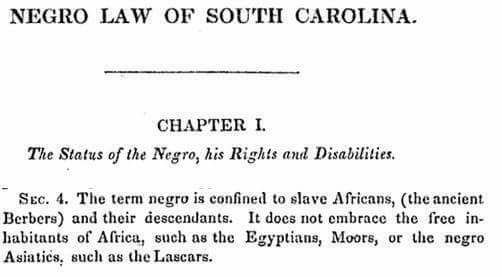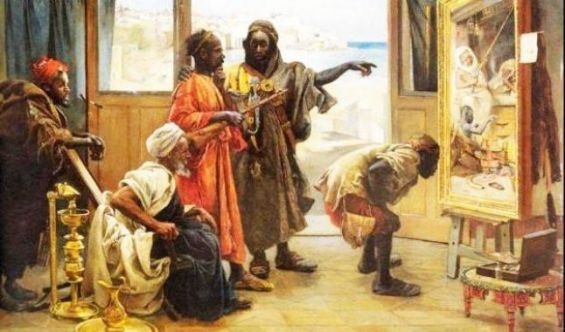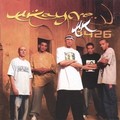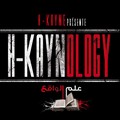In the 1790s, four men and their wives coming from Morocco changed the history of South Carolina. To legitimize their status in the United States of America, they signed a petition in order to be considered by the state’s law as subjects of the Alaouite Sultan Mohammed Ben Abdellah.
The story of these four men and their spouses started when they were defending their land. According to the state records of South Carolina, Francis, Daniel, Hammond and Samuel and their wives Fatima, Flora, Sarah and Clarinda were «captured and made prisoners of War by one of the Kings of Africa».
Free men sold as slaves in the US
Referring to the Kingdom of Morocco, the same document states that these people tried everything to leave the country and continue their lives as free people. Based on historical accounts, a certain Captain Clark took advantage of their situation and lied to them.

The latter «had them delivered to him on a promise that they should be redeemed by the Emperor of Moroccan Ambassador then residing in England», said the same source. But what happened next, changed the course of their lives. In fact, Captain Clark «brought them to this State (South Carolina), and sold them for slaves».
Once in the United States of America, the four couples were considered slaves, ruled by the Negro Act, which made it illegal for enslaved Africans to move abroad, assemble in groups, raise food, earn money and learn and write.
Fortunately, these men and their wives were able to «purchase their freedom from their respective Masters», wrote the Moorish Science Temple of America in a book entitled «Moors in America: A Compilation» (Califa Media Publishing, 2014).
The Free Moors petition
To overcome this critical situation, they have decided to submit a petition to the South Carolina House of Representatives. Calling themselves «Sundry Free Moors», the four men stated that they were subjects of the «Emperor of Morocco», Sultan Mohammed Ben Abdellah, who was allied to the United States through the Moroccan–American Treaty of Friendship.
On behalf of their wives, the four men residing in the state asked the authorities that «in case they should Commit Any Fault amenable to be brought to Justice, that they as Subjects to a Prince in Alliance with the United States of America, may be tried under the same Laws as the Citizens of this State would be liable to be tried, and not under the Negro Act, which was received and read».
.jpg)
Their petition was delivered at the Clerks Table and was taken into consideration. According to the same source, the South Carolina legislature considered that «no Law of this State can in its Construction or Operation apply to them, and that persons who were Subjects of the Emperor of Morocco being Free in this State are not triable by the Law for the better Ordering and Governing of Negroes and other Slaves».
The Moors Sundry Act was passed in 1790 and granted a special status to the four couples. The Act also recognized Moors as white people with the responsibility of jury duty.





 chargement...
chargement...













